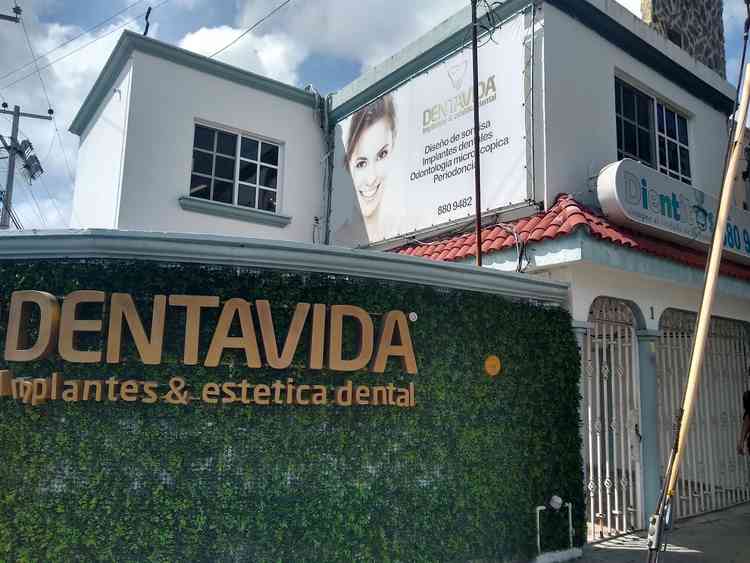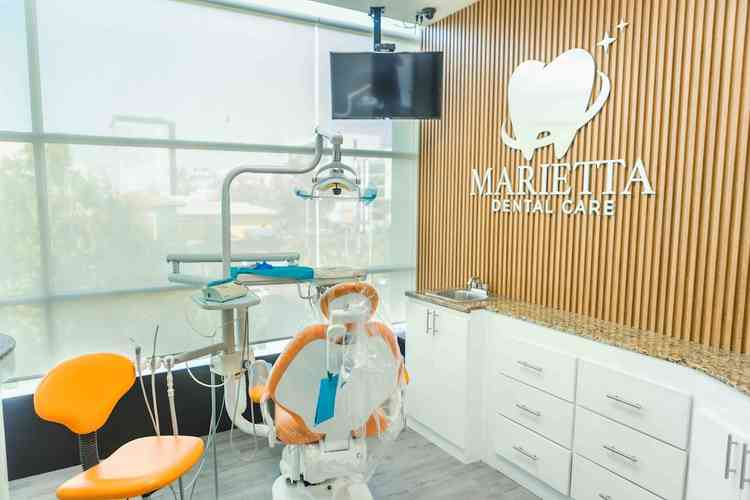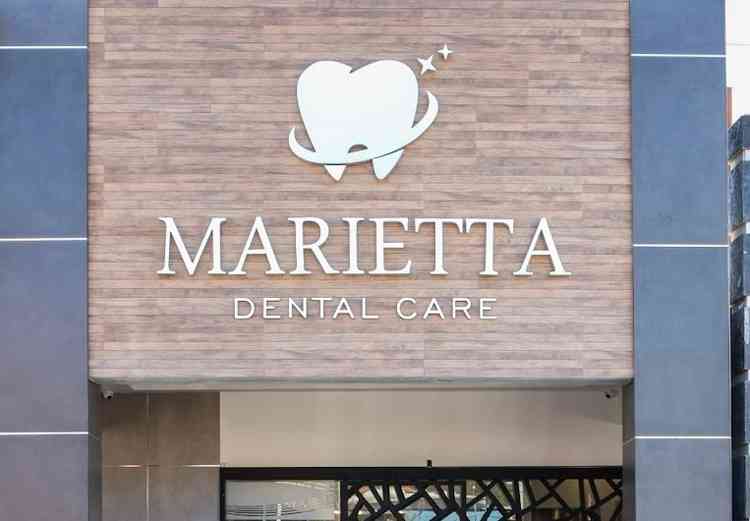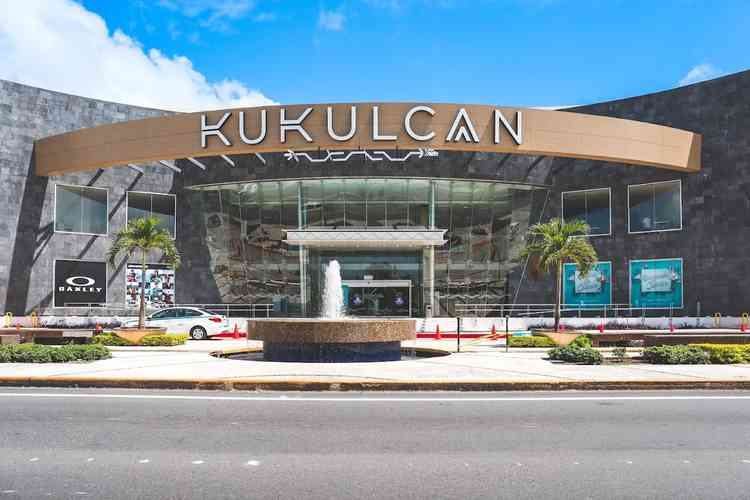Your Complete Guide for Understanding the Cost for Dental Caps

Prathyusha Itikarlapalli
- Content Writer

Table of contents
None
Key Takeaways
- Dental caps serve restorative as well as cosmetic purposes. Dental crowns can be fixed to fill gaps between missing teeth and add strength to broken or weak teeth.
- Teeth cap costs, along with the cost for dental implants without insurance, can cost you a fortune. However, tooth crown cost with insurance can be slightly relieving. Dental insurance partially covers tooth cap costs, for medically necessary conditions.
- While zirconia or e-Max crowns are highly aesthetic, they are mostly recommended for front teeth. Your dentist will suggest the right type of crown specific to your requirements.
Dental crowns are tooth-colored caps that can be placed over damaged teeth. Your dentist will permanently fix dental crowns to answer various types of oral health problems. These appear natural and add strength to the existing tooth structure. Depending on the underlying dental condition, crowns can be placed on implants, existing repaired teeth, or teeth adjacent to missing tooth gaps. The following section will help you understand the purposes that dental crowns can solve.
What Are Dental Caps For?
Dental crowns can address various types of oral health problems. Below, we detailed each condition.
Natural teeth experience wear and tear over time. Human tooth enamel wears off and develops cracks when biting hard foods. Chipped or broken teeth can be problematic in the oral cavity. Chips and breaks on front teeth significantly impact your smile. Broken back teeth can make chewing and eating difficult. They need long-lasting fixes which can improve your quality of life. Dental crowns will be fixed on the broken or chipped teeth to add strength.
Besides, some people develop tooth decay due to bad oral hygiene practices. It happens when the food particles get trapped in spaces between teeth. Naturally, bacteria accumulate around the food and release acids that can harm the enamel. While decay starts as a small spot, it can deepen into a hole or cavity, reaching the tooth interior or pulp.[1] Your dentist will drill a minute hole into the cavity to reach the tooth interior and clean the infected pulp. This is typically a root canal treatment. After cleaning, they will seal the hole to maintain the intactness of the tooth. However, you will need a toothcap if the tooth is severely damaged. A severely decayed tooth easily tends to develop breaks and cracks. Your dentist will reinforce it by attaching a custom-fabricated cap.
On the other hand, some patients lose teeth due to accidents or trauma. Some require tooth extraction due to severe dental caries or periodontal diseases. In such cases, these missing teeth gaps will be filled by dental implants. Your dentist will fix screw-like implants in the space left by fallen teeth. While these implants function like natural tooth roots, dental crowns restore the functions of the lost tooth. While this is the case with implant-supported crowns, your dentist also suggests dental bridges to fill missing teeth gaps.
Dental bridges contain two or three crowns held in a line with pontic teeth on either side. Your dentist will place the pontic teeth on the teeth adjacent to the missing teeth gaps by reshaping them. The crowns located in the middle of the bridge fill the gaps left by missing teeth.[2]

Getting dental crowns is quite straightforward. Below, we outlined the brief procedure.
What Does Getting a Dental Cap Look Like?
The procedure to get dental crowns begins with an initial consultation. Your dentist will physically examine your damaged tooth and oral health condition. They will perform the diagnostic and preparatory procedures based on your dental concern. Procedures like root canal or dental implant surgery will be performed, followed by impression collection. If you need a crown for a broken or weak tooth, they will grind the enamel and reshape your existing tooth. This will be under anesthesia. Your dentist will place the temporary crown and send your teeth impressions for customized crown preparation. This will take around a week. Once the permanent crowns are prepared, your dentist will fix them in place of temporary crowns using dental cement.

Caring for Your Dental Crowns
Your new teeth caps need to be cared for well for longevity. For a couple of days after the crown procedure, you will have to use painkillers and antibiotics. After your gums heal, refrain from biting on hard foods, as they can damage your crowns. Maintain basic hygiene measures like brushing your teeth twice regularly and flossing. Ensure that you visit your dentist for follow-up visits. Now, let’s step into the cost aspects of dental crowns.
Are Dental Caps Covered by Insurance?
Insurance covers dental crown costs when they are medically necessary. Private dental insurance offers partial coverage. Insurance covers 50% of dental bills when you need crowns for medical conditions like severe tooth decay. Other medically necessary conditions are stabilizing the tooth with a large cavity and replacing empty gaps left by the fallen tooth. However, insurance does not cover the costs when you get crowns purely for cosmetic reasons. It can include situations that necessitate covering the broken tooth, chipped or stained tooth. Under such conditions, getting dental crowns will be an out-of-pocket expense.
What Factors Influence the Cost for Dental Caps?
Dental crowns can cost you a fortune in the United States. Conversely, Mexico dental work prices are relatively lower. Typically, the type of material, additional dental procedures, and the clinic and dentist you choose, along with the area's cost of living, influence the cost for dental caps. We discussed each factor in detail below.
Location of Damaged Teeth and Type of Material From Which the Dental Crowns Are Made
The type of material the crown is made from determines the type of dental cap. Ideally, materials like porcelain, porcelain-fused-to-metal, all-metal, zirconia, and lithium disilicate are used for dental cap preparation. Your dentist will determine the right type tailored for your needs based on the requirements. Ideally, front teeth require aesthetic crowns, while back teeth require durable crowns. Highly aesthetic and translucent materials like lithium disilicate and zirconia cost more than the others. They appear more natural and add a brightening shine to your smile.
On the other hand, porcelain fused to metal crowns are durable and can withstand strong bite force. They can be placed even on the front and back teeth. All-metal crowns are relatively less aesthetically pleasing. They are hardy and typically cost less unless you choose a gold crown. Many patients choose the less expensive all-metal crowns for their back teeth. These are not visible when you smile and are also hardy, providing a stronger bite force than the aesthetic zirconia or e-max crowns. The cost for dental implant crown is slightly high. Implant-supported crowns ideally comprise a small connector called an abutment. This makes them cost more. If you are wondering, “ Which cap is best for teeth?” your dentist will help you choose the right one. However, we outlined the average prices (according to Cost Helper[3]) for some commonly opted crowns.
How Much Does Dental Cap Cost: Cost Dental Crown Without Insurance
|
Dental Crown Type |
Cost Range |
|
Porcelain-fused-to-metal |
$500-$1,500 |
|
All-metal |
$600-$2,500 |
|
All-porcelain |
$800-$3,000 |
|
#Per crown cost. Cost may vary with case. |
|
Cost for Additional Dental Procedures and Diagnostic Tests
Before performing the dental crown procedure, your dentist will conduct an initial oral examination. They will evaluate your candidacy with diagnostic tests like dental X-rays and CBCT. Furthermore, your dentist will charge additional expenses when you need procedures like tooth extraction, root canal, or dental implants. Typically, dental implants are an expensive option. Further, you also get the costs associated with anesthesia and post-op medicine like antibiotics and painkillers. These costs will add up to your dental bills for getting your teeth capped. Here, we outline the average prices of possible additional costs that can add to the crown costs.
Costs for Diagnostic Tests and Additional Procedures for Dental Caps
|
Procedure |
Average Cost |
|
Dental Visit |
$100- $200 |
|
Dental X-rays |
$60- $100 |
|
Panoramic X-rays |
$100- $150 |
|
Root canal |
$1,500- $1,800 |
|
Tooth extraction |
$450- $3,000 |
|
Dental implants |
$3,000-$4,000 |
# Costs are case-dependent.
Dentist and Clinic You Choose for a Dental Crown Procedure
Typically, experienced dentists charge higher fees for fixing dental crowns. Choosing a qualified, skilled, and experienced dental professional ensures successful results. They perform effective diagnoses through their years of experience. Besides, reputed dental clinics have in-house dental labs for dental crown fabrication. While choosing top clinics for getting teeth capped involves higher costs, it ensures you definite results. This is because top dental clinics rely on advanced dental technology like digital X-rays and digital methods for impression collection. They eliminate the physical collection of impressions, pushing away any manual errors. Furthermore, advanced dental in-house labs save time by eliminating the need for third-party services. This saves middleman charges along with treatment time.
Cost of Living in the Area You Choose To Get Dental Crown Treatment
Typically, the cost of living influences the overal dental costs concerning any dental procedure. The overhead costs of clinic maintenance, like house rents, medical staff salaries, and material costs, can be considered. The cost of living in the United States and Canada is much higher than in countries like Mexico. For instance, the crown cost with the cost for dental implant in Canada is around $6,000. In the United States, implant-supported crowns cost you $5,500.
On the other hand, the crown price with the cost for dental implants in Mexico is $1,500. While dental work in Mexico is quite affordable, the primary reason for the lower cost for dental crowns in Mexico is the low cost of living. Further, in Mexico, the cost for dental caps in Los Algodones differs from those in cities like Cancun. Read our article “All You Need to Know About the Cost of Dental Caps in Mexico” for the type of dental crowns and cost you can expect in Mexico. At Envoy Health, we ensure safe and stress-free dental travel. Our platform provides access to the top clinics and dental professionals abroad. Sign up now and begin your journey for better oral health. Your pearl whites deserve the best!
References
Disclaimer
The information in this article is for educational purposes only and does not replace medical advice. Always consult your doctor before starting any treatments.
Teeth caps typically last for 15-20 years provided you care for them well like you do for the natural teeth.
Getting a toothcap can typically cost anywhere between $500 and $3,000 or slightly higher sometimes. Note that the exact cost differs with the type of cap, location of damaged tooth, city and clinic you choose for procedure. Some patients require additional procedures like tooth extraction, and implants which can add up to the final bills.
Teeth cap cost in the United States ranges between $500 and $3,000. While the exact price depends on the type and clinic you choose, the cost of dental crown with insurance can be lower as dental insurance covers crowns when they are for medical needs.
Getting teeth capped typically adds strength to the weak or broken tooth. They are used to cover dental implants or root canal-treated teeth. Besides, dentists also fix dental crowns to fill missing teeth gaps left by fallen teeth. Getting teeth crowns reinforces the existing teeth. They are definitely worth it as they serve cosmetic as well as restorative purposes.
So, we partner with the premier healthcare facilities!
Send me the list







